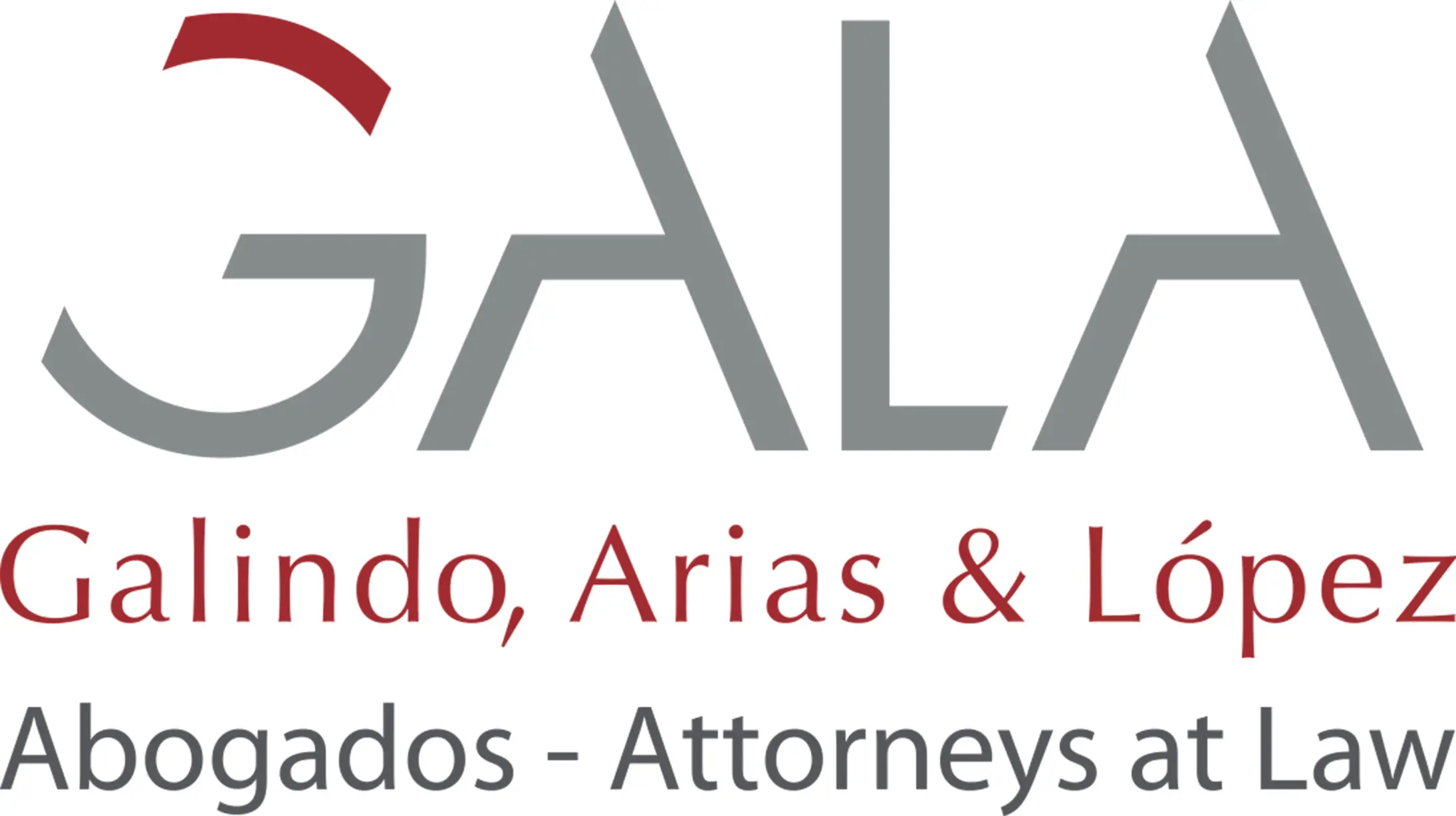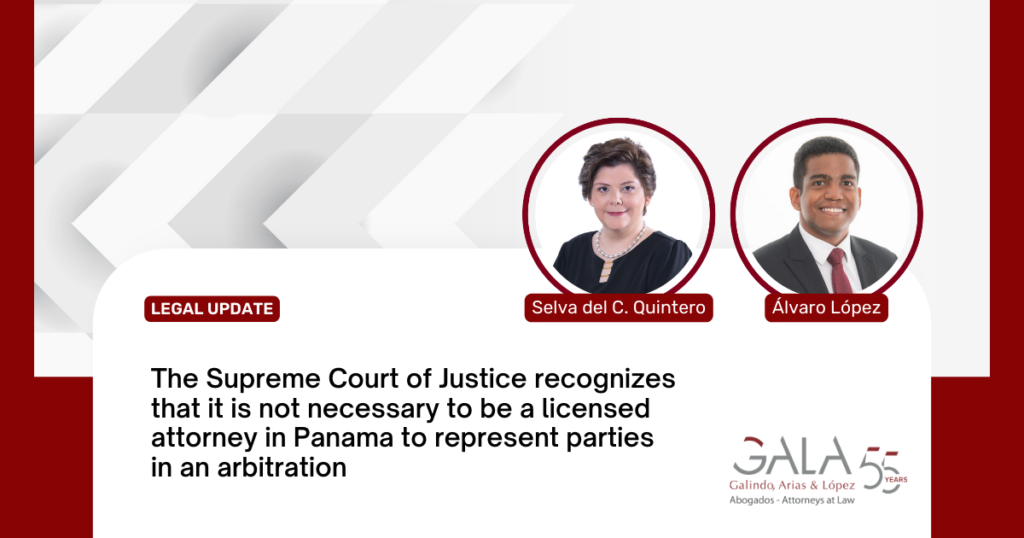In the ruling of May 7, 2024, the Fourth Chamber of General Business of the Supreme Court of Justice dismissed a petition for the annulment of an arbitration award. The core argument of the petition was that one party was represented by foreign lawyers who were not admitted to practice law in Panama. The justices clarified that Law 131 of 2013, which regulates commercial arbitration in Panama, does not require a license to practice law in Panama to represent or advise parties in an arbitration. Therefore, the justices recognized that parties to an arbitration may be represented by any persons of their choice, regardless of their nationality or profession. Moreover, the justices asserted that parties to an arbitration may choose non-lawyers to represent them. In their reasoning, the justices pointed out the following long-standing principles relevant to the development of arbitration under Law 131 of 2013:
- Neither Law 9 of 1984, which regulates the legal profession in Panama, nor the Judicial Code can be supplementarily applied to arbitration. Although the justices did not refer to Law 250 of 2022, which replaced Law 9 of 1984, they explained that if a law does not specifically regulate arbitration, it cannot be applied supplementarily to Law 131 of 2013. Since Law 250 of 2022 does not specifically regulate arbitration, it should not be applied to arbitrations.
- In international arbitration, parties can designate lawyers or non-lawyers as arbitrators.
- Parties implicitly waive their right to object if they fail to do so in a timely manner.



